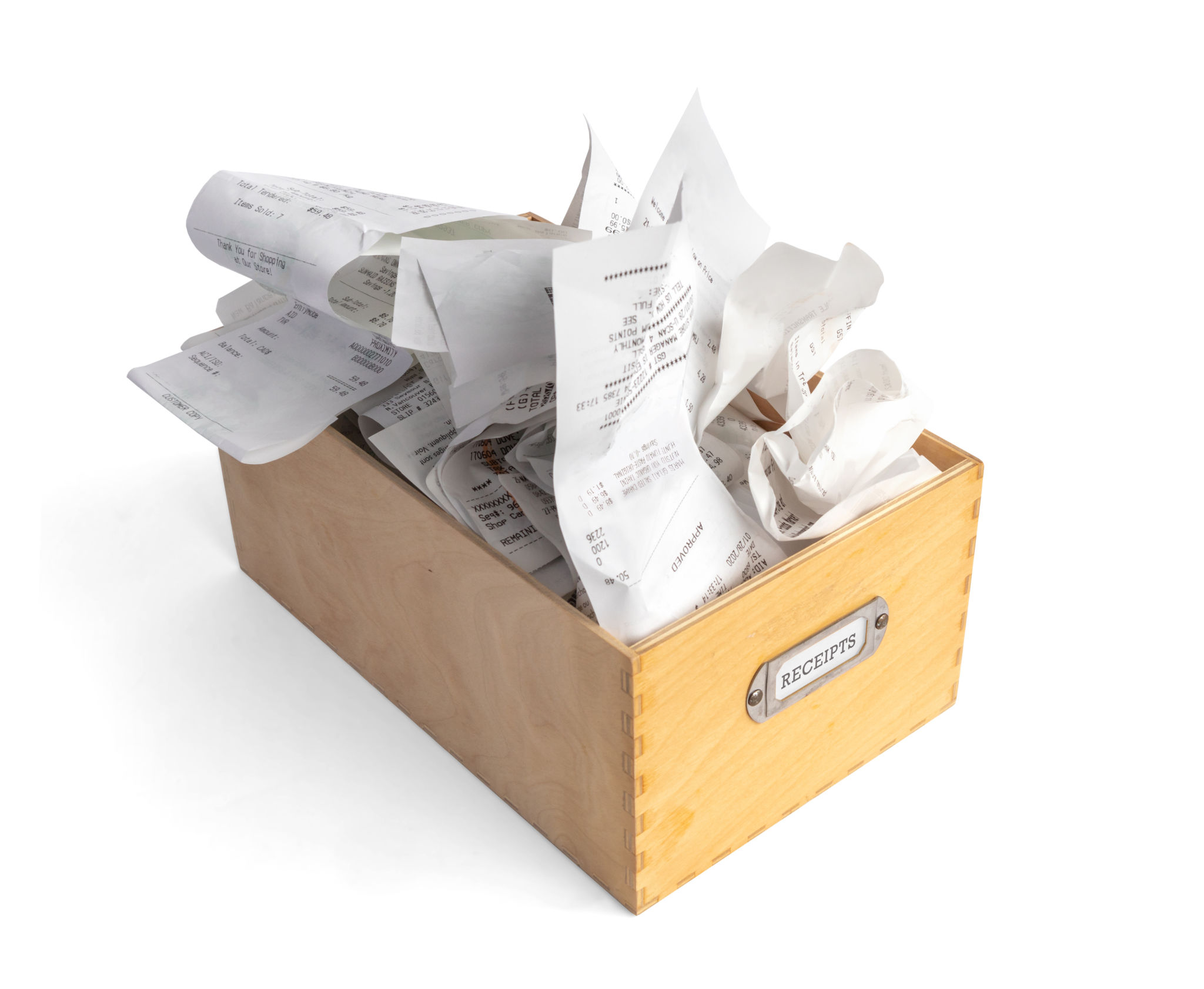Comprehensive Guide to Canadian Bookkeeping for Small Businesses
Introduction to Canadian Bookkeeping
Bookkeeping is a critical component for any small business, ensuring financial health and compliance with legal requirements. In Canada, bookkeeping involves recording financial transactions, which helps businesses maintain accurate financial records. Understanding the basics of Canadian bookkeeping can save small business owners both time and money.

Bookkeepers need to be familiar with the Canadian tax system, which includes GST/HST, and how it applies to different types of businesses. Additionally, they must be skilled in using accounting software to manage and organize financial data effectively.
Essential Bookkeeping Practices
Maintaining Financial Records
One of the most fundamental practices in bookkeeping is maintaining accurate financial records. These records include receipts, invoices, and bank statements. Keeping these documents organized is crucial for tracking expenses and income, as well as for future audits.
It's also important to categorize expenses correctly. This not only helps in tracking where the money goes but also in identifying deductible expenses during tax filing. Using digital tools and software can streamline this process significantly, ensuring that all records are up-to-date and accessible.

Reconciling Bank Statements
Bank reconciliation is an essential task that compares the company's financial records with the bank's records. This process helps detect errors or discrepancies early on and ensures that all transactions are accurately recorded. Regular reconciliation can prevent potential financial issues and maintain trust with stakeholders.
The Role of Technology in Bookkeeping
Using Accounting Software
In today's digital age, accounting software has become indispensable for small businesses. Software options like QuickBooks, Xero, and FreshBooks offer features that simplify invoicing, tracking payments, and even payroll management. By automating these tasks, small businesses can save significant time and reduce the risk of human error.

When choosing accounting software, consider factors such as ease of use, scalability, and integration with other business tools. Many software options offer free trials, allowing businesses to test their features before committing.
Understanding Canadian Tax Requirements
GST/HST Compliance
Small businesses in Canada must comply with Goods and Services Tax (GST) or Harmonized Sales Tax (HST) regulations. This involves registering for a GST/HST account, charging the correct tax rates on products or services, and filing returns accurately. Understanding the distinctions between GST and HST, as well as provincial tax variations, is crucial for compliance.
Businesses must also keep detailed records of their GST/HST collected and paid to claim input tax credits, which can reduce their tax liability. Failure to comply with these requirements can result in penalties or interest charges.

Year-End Financial Reporting
At the end of each fiscal year, businesses must prepare financial statements, including income statements and balance sheets. These documents provide insights into the company's financial performance and are necessary for tax filing purposes. Having accurate and organized financial records throughout the year makes this process more manageable.
Working with a professional accountant or bookkeeper can help ensure that financial statements are accurate and compliant with Canadian accounting standards. This collaboration can also provide valuable insights into improving business operations and strategies.
